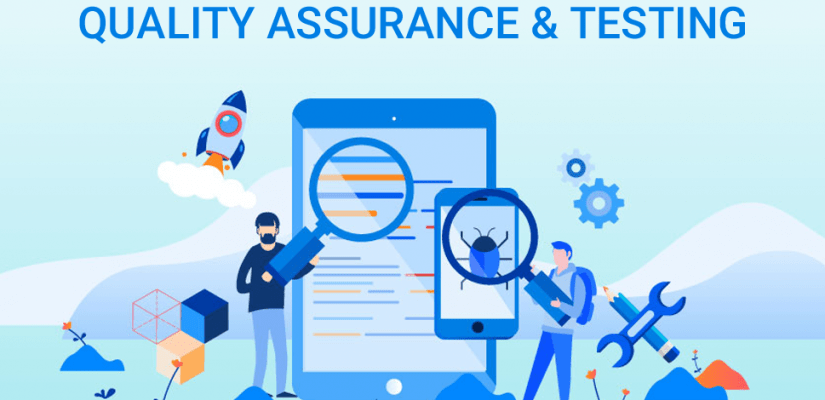Many software testers think that their job is to find bugs. While finding and reporting bugs is a critical part of the role, testers need many other skills to be successful. To help you become a more well-rounded tester, today we will be discussing 10 skills every software tester should be mastered. Keep in mind that this list is not exhaustive, and different testers will have different strengths and weaknesses. But if you want to make sure that you are mastering the essential skills of the trade, read on!
-
Familiarity with the Software Development Life Cycle
Testing is an integral part of software development, but testers are not writing code or building products from scratch. That means that you need to have at least a basic understanding of how software is built to be effective. You should know when each development phase begins and ends and what kinds of bugs appear in each phase.
-
Knowledge of the Product
Although testers are not responsible for writing product specs or requirements, understanding a software’s features is a must to test it effectively. You should understand general security concerns for certain types of software products (such as finance and medical) and have a basic understanding of what the product is intended to do. This will help you figure out what kinds of problems your end-user might experience and where they could manifest themselves.
-
Effective Communication Skills
The way a tester communicates with the rest of the product team is critical to their success. Testers need to know how to describe bugs quickly and efficiently, provide details about how to reproduce each bug, and then iteratively communicate their work status. Unfortunately, many testers have a hard time communicating these things effectively because they do not understand what technical language to use, and they fail to convey product features and usage scenarios properly.
-
Testing Tasks Prioritization Skills
Being an effective tester means understanding the difference between important and urgent bugs and correctly prioritizing them. Since you can’t fix all bugs at once, you need to know which issues are most critical and fix them first. You also need to understand what types of testing will most benefit each bug (i.e., manual vs automated, black box vs white box, etc.).
-
Patience & Diligence
Software testing is not glamorous or exciting work. QA service company typically spend much of their day reading manuals and following checklists to reproduce bugs so that developers can fix them. Of course, there will be times when your patience is tested, especially if you have a lot of bugs to fix and not enough developers. But being diligent about doing the boring work will ultimately make you an effective tester, and over time it will become less tedious.
-
Understanding of Software Development Methods & Tools
Software engineering is a unique discipline that requires testing methodologies. Not only do testers need to be familiar with the latest technologies, but they also need to understand why certain methodologies are better suited for certain types of software products. For example, agile development is popular among web startups focused on rapid development and customer feedback. But it may not be suitable for highly regulated industries or large enterprises that require more rigorous processes.
-
Know-How to Collaborate with Developers effectively
The relationship between testers and developers can make or break a project. Testers need to understand that their job is not just to provide bug reports but also to work closely with developers in fixing these problems. If you want software development teams to respect your opinion, show them that you are willing to collaborate by clearly communicating what you need and providing them with the necessary information to reproduce each bug.
-
Bravery & Integrity
Software testing is not easy, especially when it’s your job to find bugs so that developers can fix them. You will have difficult conversations with team members about how serious certain software defects are and what kinds of workarounds, if any, are acceptable. You will also need to make difficult judgment calls about whether or not a bug is considered “high priority” enough to be fixed in the next release or put on the backlog for future development. Maintaining your integrity and courage with these types of conversations can make you an effective software tester.
-
Understanding of Usability Concern
One of the responsibilities of a tester is to understand what kinds of issues might affect the end-user experience. For example, usability problems can result in customer complaints, product returns, and other unexpected expenses that hurt your company’s profits. As such, it’s important to include QA service company on your team who understand how users interact with software and web applications and can help advise you on ways to make your products more intuitive.
-
Analytical Thinking & Data-Driven Decisions
A good tester can use data (e.g., bug reports, test results, product feedback) to make informed decisions about software quality. QA service company need to understand what changes are being made on the development side and what kind of impact those new features have on existing software. An analytical tester can tell you if your new feature is making an appreciable difference in customer satisfaction or not.
Final Thoughts
Your role as a software tester is important, but it’s also nuanced and requires a different skill set than software development. If you’re the kind of person who likes being their boss, working outside of normal business hours, and doing more talking than typing, then testing may be the perfect job for you!

















